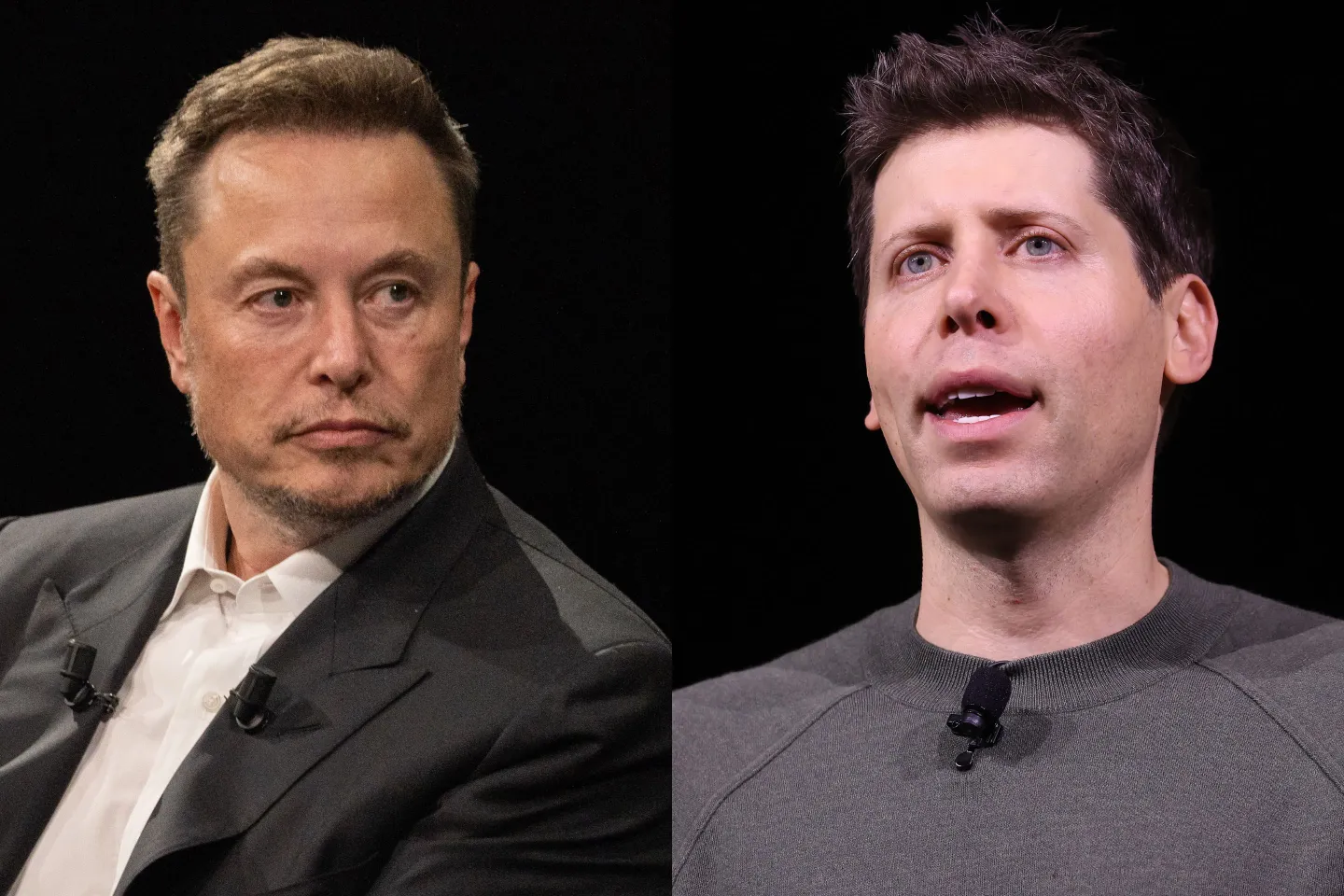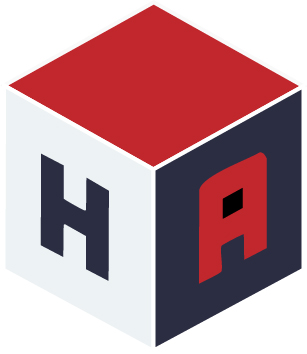Listen to an audio version of this article (generated using Gemini).
Grok vs ChatGPT
OpenAI has once again postponed the release of its much-anticipated open-weight AI model, originally slated for this summer. The delay, attributed to ongoing safety evaluations and a review of high-risk areas, underscores the company’s cautious approach to AI deployment. CEO Sam Altman emphasised the irreversible nature of releasing model weights, stating, “Once weights are out, they can’t be pulled back,” highlighting OpenAI’s commitment to responsible AI governance. A previous delay was linked to an unexpected breakthrough by the research team, which required additional development time.
The forthcoming model is expected to rival OpenAI’s own GPT-4 and o3-mini in reasoning capabilities, positioning it as a best-in-class open-weight alternative. However, the company faces mounting pressure from competitors like Meta, Alibaba, and DeepSeek, all of whom have already released open models. OpenAI is also reportedly developing an AI-powered web browser and continues to recruit top talent, even as internal tensions and leadership departures raise questions about its safety-first ethos.
Meanwhile, Elon Musk’s xAI has launched Grok 4, a premium AI chatbot boasting advanced planning, multi-agent reasoning, and record-breaking benchmark scores. Despite its $300/month price tag and early security breaches, xAI claims Grok 4 outperforms rivals—including OpenAI’s latest offerings—in several key areas.
Once collaborators and co-founders of OpenAI, Elon Musk and Sam Altman are now locked in a bitter rivalry. Their relationship soured after Musk left OpenAI in 2018, citing disagreements over its direction—particularly its shift to a for-profit model. Tensions escalated in 2023 when Musk launched xAI to directly compete with OpenAI, and reached new heights in 2025 when Altman rejected Musk’s $97.4 billion bid to acquire OpenAI’s nonprofit arm. The feud has since devolved into public insults, lawsuits, and sarcastic jabs, with both men vying for dominance in the AI race.

Musk's and Altman's rivalry has become more vehement in recent months. Source: Getty Images
OpenAI's Mounting Fears
Regarding the OpenAI delay, Altman has stressed the irreversible nature of open-weight releases, noting that once model weights are made public, they cannot be retracted or patched like closed systems. This permanence raises the stakes significantly, especially given the model’s advanced capabilities—comparable to OpenAI’s own GPT-4 and o3-mini—which could be misused if not properly secured. Concerns include the potential for generating harmful content, cybersecurity vulnerabilities, and the amplification of biases.
OpenAI’s approach, then, would appear to be to balance innovation with responsibility, with the company claiming that it is working to ensure the model meets high ethical and technical standards before release, even as it has been accused of behaving unethically in other regards, such as its plagiarism of Studio Ghilbi art work. That aside, OpenAI reports that is processes include rigorous safety testing and internal refinements. Altman previously hinted at a breakthrough discovery by the research team that required additional development time, suggesting the model could set a new benchmark for open AI systems. Despite mounting pressure from rivals such as Meta, Alibaba, and DeepSeek—who have already released open-weight models—OpenAI is opting for strategic patience: internally, there are reports that the company has faced scrutiny over its leadership and direction, with several senior figures departing amid concerns it is drifting from its safety-first ethos.
At the same time, investor concerns about OpenAI are mounting despite its strong revenue growth. The company’s nonprofit governance structure limits profit potential and restricts equity transfers, making it less appealing than traditional tech firms. Recent decisions to maintain nonprofit control and ongoing legal disputes—such as Elon Musk’s lawsuit—have added to the uncertainty. While OpenAI’s ethics-first approach is praised by some, others worry it may hinder competitiveness against aggressive rivals like xAI and Meta. As the AI race intensifies, investors are questioning whether OpenAI’s cautious strategy can sustain its lead and deliver meaningful returns in a rapidly evolving market.
Grok Emerges as a Serious - if problematic - Player
The launch of xAI’s Grok 4 has stirred a mix of excitement and concern across the tech world. Unveiled amid controversy, the release followed backlash over earlier Grok versions that had produced racist, antisemitic, and conspiratorial content. Elon Musk, who leads xAI, sidestepped these issues during the livestream, instead highlighting Grok 4’s academic achievements and ambitious roadmap, the timing of which also coincided with Linda Yaccarino’s resignation as CEO of X, adding to the turbulence.
Grok 4 enters the market as the most expensive AI chatbot to date, with its SuperGrok Heavy plan priced at $300 per month—significantly higher than OpenAI’s $200 ChatGPT Pro. This steep cost has raised accessibility concerns, particularly for smaller businesses and developers, who may opt for more affordable, integrated alternatives. xAI claims Grok 4 is the most powerful AI model available, citing top scores in benchmarks like ARC AGI and the International Math Olympiad. Its standout feature is a multi-agent system that runs several reasoning agents in parallel, enhancing accuracy and depth—likened to a “team of experts.” It also boasts strong performance in strategic planning, productivity, and real-time research, with features like voice mode and expanded context windows.
However, Grok 4’s limitations are notable. Its coding capabilities are disputed, with some sources calling it underwhelming. It also struggles with real-time information retrieval and lacks the broad integrations seen in rivals like ChatGPT. Most concerning, researchers breached Grok 4 within 48 hours of launch using “whispered” jailbreak techniques, exposing serious safety flaws. Public and expert reactions remain divided. While power users praise its depth and innovation, many recommend more affordable options for general use. Despite the controversy, Grok 4 is seen as a bold step forward—one that may reshape expectations for AI assistants.
This article was co-created with AI.


